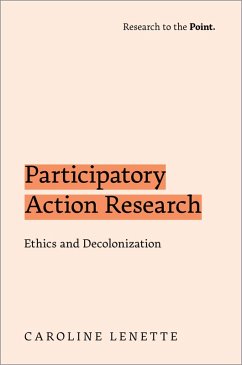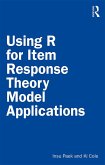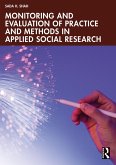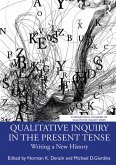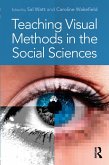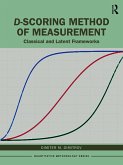Participatory Action Research (PAR) privileges the involvement of participants as co-researchers to generate new knowledge and act on findings to effect social change. In PAR projects, academic researchers collaborate closely with co-researchers, working from the idea that these individuals, especially those who are usually marginalized from institutions, can be engaged in meaningful research activities to achieve social justice outcomes in addition to answering research questions. When deployed ethically in collaboration with co-researchers, PAR's participatory element facilitates a 'bottom-up' approach where knowledge is co-created through grassroots or community-based activities. This book goes beyond a PAR 'how to' manual on the methodology. Rather it synthesizes key learnings in contemporary research, with a distinct focus on the challenging aspects of undertaking PAR in practice and strategies to address these. It provides a clear and user-friendly collection of practical and contextual examples and presents key pointers on the implications of PAR methods, their strengths and weaknesses, and strategies for the field. These examples will be useful for critical class discussions, as well as to anticipate fieldwork pitfalls and pre-empt challenges through collaborative approaches.
Dieser Download kann aus rechtlichen Gründen nur mit Rechnungsadresse in A, B, BG, CY, CZ, D, DK, EW, E, FIN, F, GR, HR, H, IRL, I, LT, L, LR, M, NL, PL, P, R, S, SLO, SK ausgeliefert werden.

